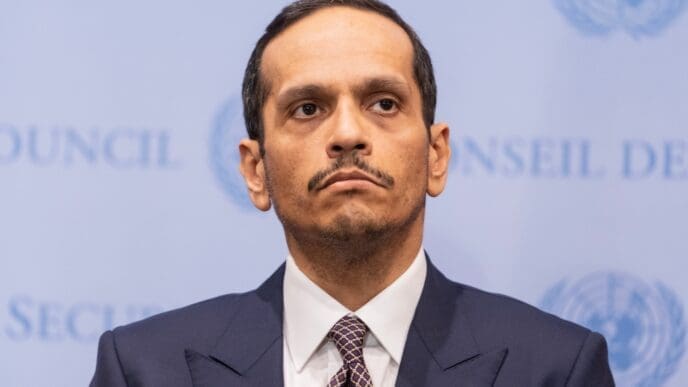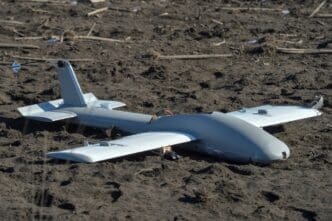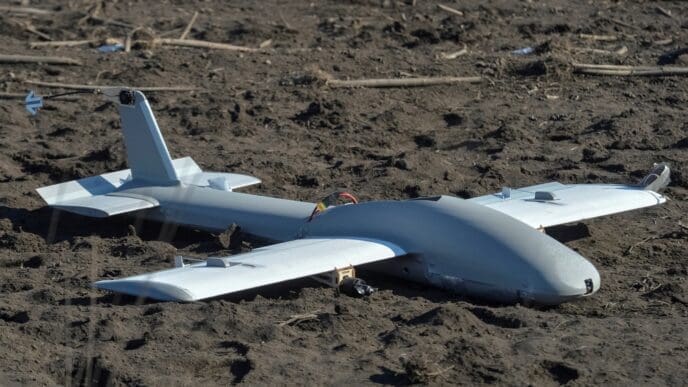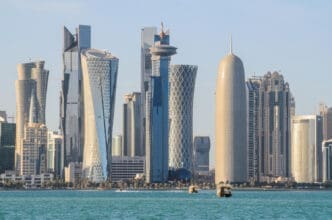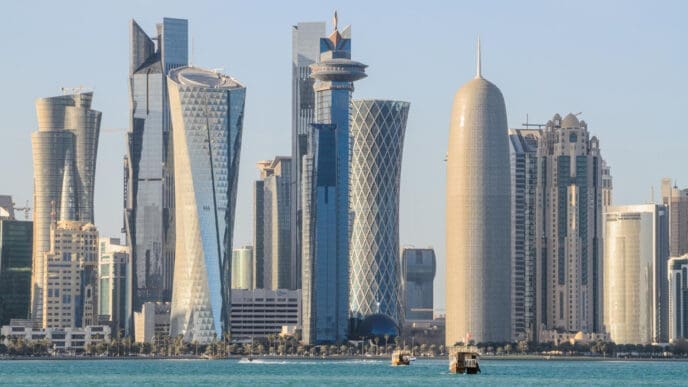In a decisive gathering in Busan, South Korea, negotiators from around the world are meeting to finalize a legally-binding treaty to combat the escalating global plastic pollution crisis.
The meeting in Busan marks the fifth occasion where nations have convened with the goal of drafting a comprehensive treaty to address the pervasive issue of plastic pollution. This summit is seen as a pivotal moment in the global effort to mitigate the environmental impacts of plastics.
Plastic pollution has become a pressing global issue, affecting marine life, wildlife, and human health. The accumulation of plastic waste in oceans and landfills is creating significant environmental challenges. Nations participating in the Busan talks are determined to find actionable solutions that will contribute to reducing plastic waste at the global level.
Delegates at the conference are expected to discuss various strategies, including reducing plastic production, enhancing waste management systems, and promoting recycling initiatives. There is a strong emphasis on creating a treaty that is not only comprehensive but also enforceable, ensuring countries adhere to the measures agreed upon.
Despite previous efforts, the consistent increase in plastic production and disposal underscores the urgent need for a coordinated global response. This gathering in Busan aims to address these challenges directly and foster international cooperation in tackling an issue that transcends national borders.
The meeting also highlights the role of innovation and technology in providing new solutions for reducing plastic waste. By leveraging advancements in science, nations hope to implement more efficient recycling processes and develop alternative materials to replace conventional plastics.
As the Busan negotiations continue, the global community watches closely, hopeful for an effective treaty to emerge. This summit represents a concerted effort by the world’s nations to tackle a crisis that affects ecosystems and human communities alike.
Source: APNews








